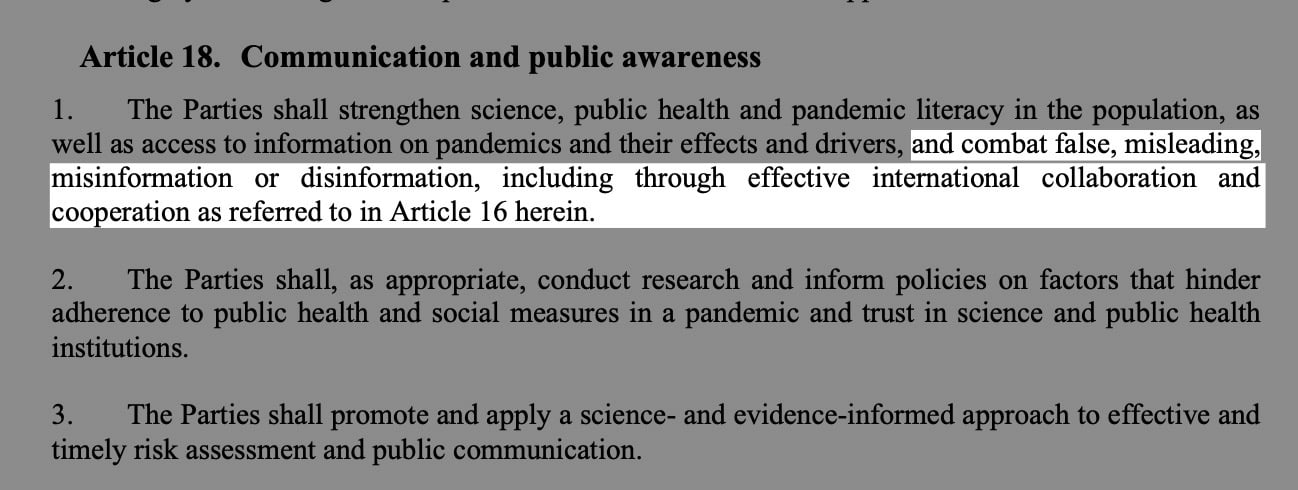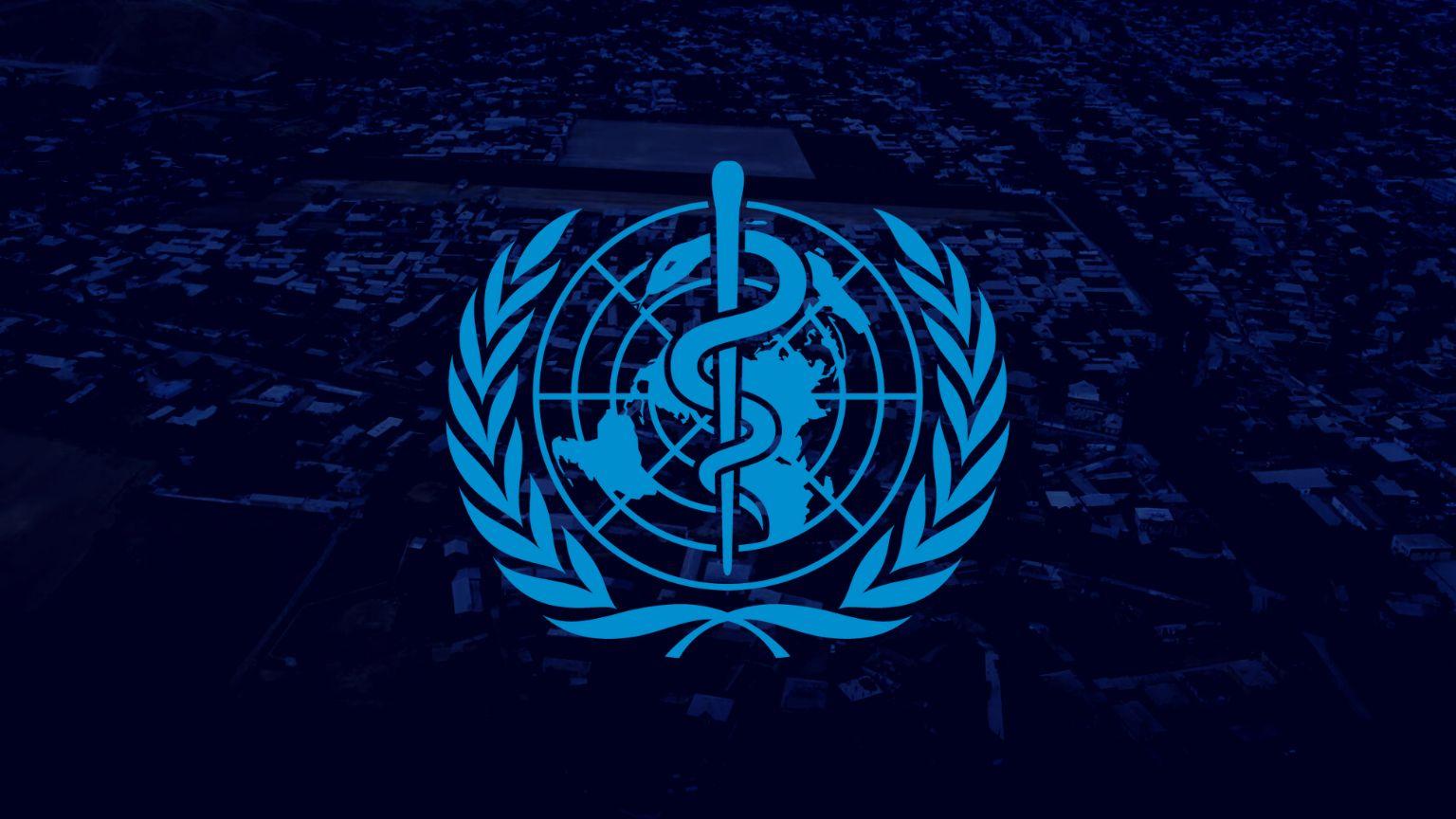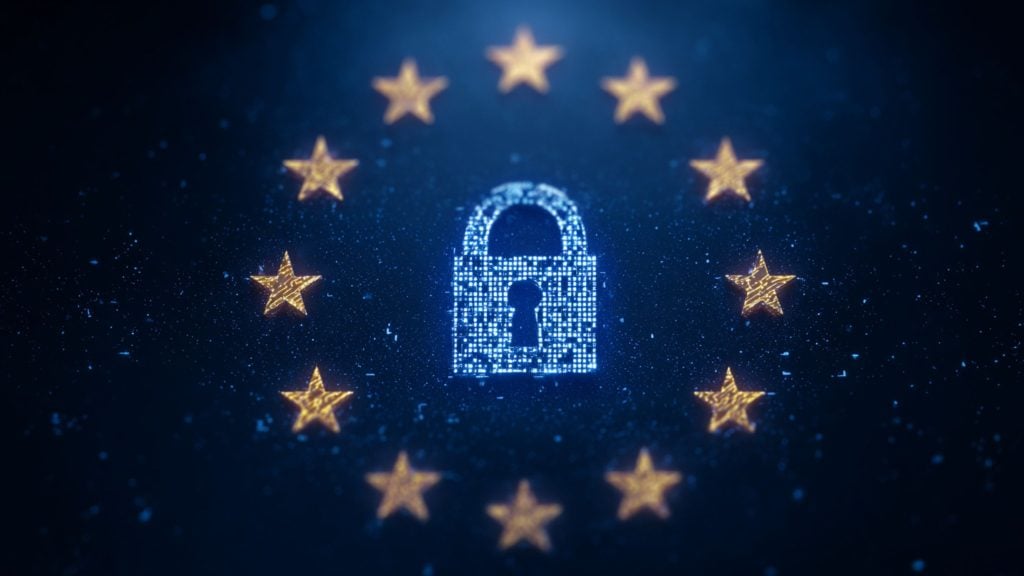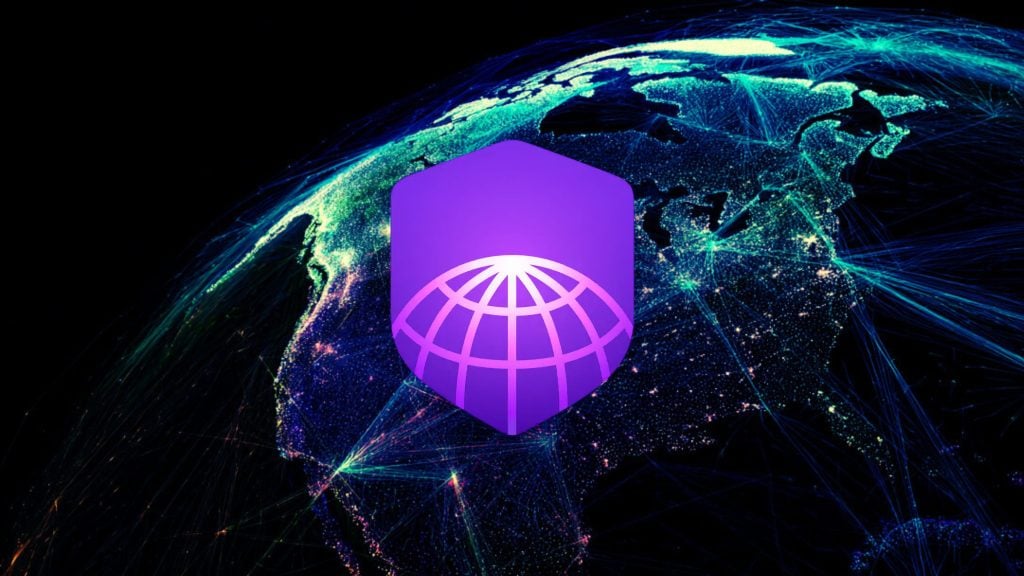The United Nations World Health Organization (WHO) has published a new draft of its troubled pandemic agreement/accord/treaty – which the agency has complained is taking too long to finalize.
The latest draft of the negotiating text, released by the Bureau of the Intergovernmental Negotiating Body (INB) on Monday must be considered until the INB session scheduled for November 6-10, when it should be formalized.
Some of the commitments contained in this version of the document have to do with combating “false, misleading, misinformation or disinformation, including through effective international collaboration and cooperation” – which skeptics might easily dub, “cross-border censorship.”

And then there’s surveillance, too: something called One Health approach for pandemic prevention, preparedness and response, which the draft wants to see promoted and implemented. Meanwhile, One Health is a surveillance tool that is supposed to create new methods of disease control.
Yet another point from the proposal is to “develop and strengthen pandemic prevention and public health surveillance capacities.”
Critics have many concerns and misgivings about all of this, including WHO setting up what’s known as a conference of the parties – an international convention’s top governing body – around the pandemic accord.
The fear here is that it would be one more instrument taking agency and consent away from national governments and people and transferring the decision-making processes, in this case related to health, to the world organization, specifically, WHO.
However, the draft’s chapter on institutional arrangements envisages establishing just such a conference of the parties as part of the accord’s scope.
A number of advocacy organizations from around the world have already expressed their dissatisfaction with the draft from different points of view, including how the treaty, if adopted, would impact less developed countries, while the draft itself is seen as “unbalanced.”
This last objection stems from the origin of the proposal – namely the discussions between INB Bureau and Secretariat, rather than drawing from the meetings of the INB itself.
Ignoring proposals from all countries that are supposed to implement the treaty, and allowing those with the most clout (in the Bureau) to set the tone is seen as one-sided in this sense as well.












